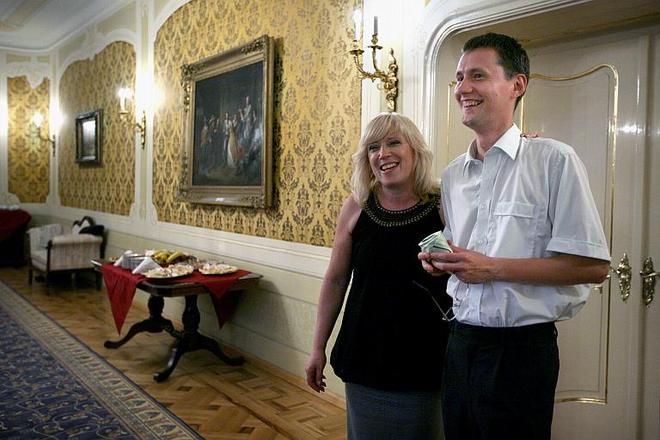ONE OF the downsides of this post-election period is the decision of many prominent journalists to move on to the role of government spokesperson, or hovorca. Rado Baťo, a former editor in chief of the business weekly Trend and later a columnist at the Sme daily, has gone to work for Prime Minister Iveta Radičová. TV Markíza’s top reporter Gábor Grendel now speaks for Daniel Lipšic’s Interior Ministry. And the list goes on. There are several reasons why this is a problem for the local media.
Firstly, the number of good journalists is limited. There are six nationwide dailies in Slovakia, of which one is a sports daily, two are tabloids, and one is a financial daily. Plus there are two regional dailies – one in Hungarian and one covering eastern Slovakia. Finding a decent replacement for a columnist in a market this size is no simple task.
Secondly, it creates an awkward relationship between the government and journalists. Certainly it’s an advantage for politicians to have spokespersons with good ties to the media. But the media must start being doubly cautious about what their former colleagues tell them. It’s like being a teacher and having your own kid in the class – you can’t help but worry about being too hard, or being too soft. Either way, there is an unnecessary distraction.
Thirdly, the media have to face doubts about their impartiality. It’s impossible to prove that the journalists-turned-spokespersons really had no special agreements with their new employers. Former prime minister Robert Fico has always tried to suggest that there is some sort of conspiracy between his political opponents and the media. To those who are inclined to believe him recent developments could serve as confirmation.
Let’s hope the new prime minister will not fall victim to such paranoia. If she does, at least her hovorca will know better.


 PM Iveta Radičová with her new spokesperson, Rado Baťo. (source: Sme - Tomáš Benedikovič)
PM Iveta Radičová with her new spokesperson, Rado Baťo. (source: Sme - Tomáš Benedikovič)